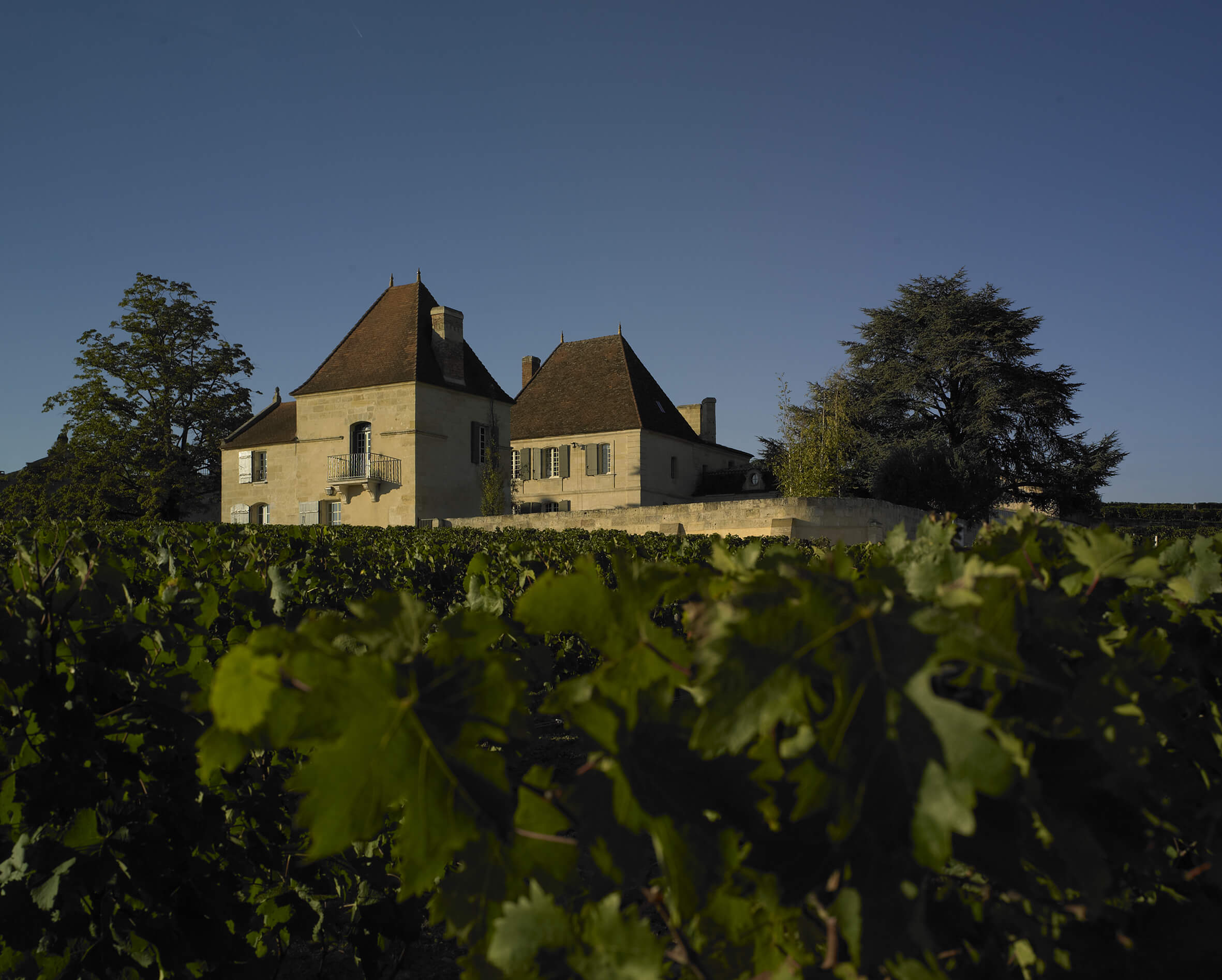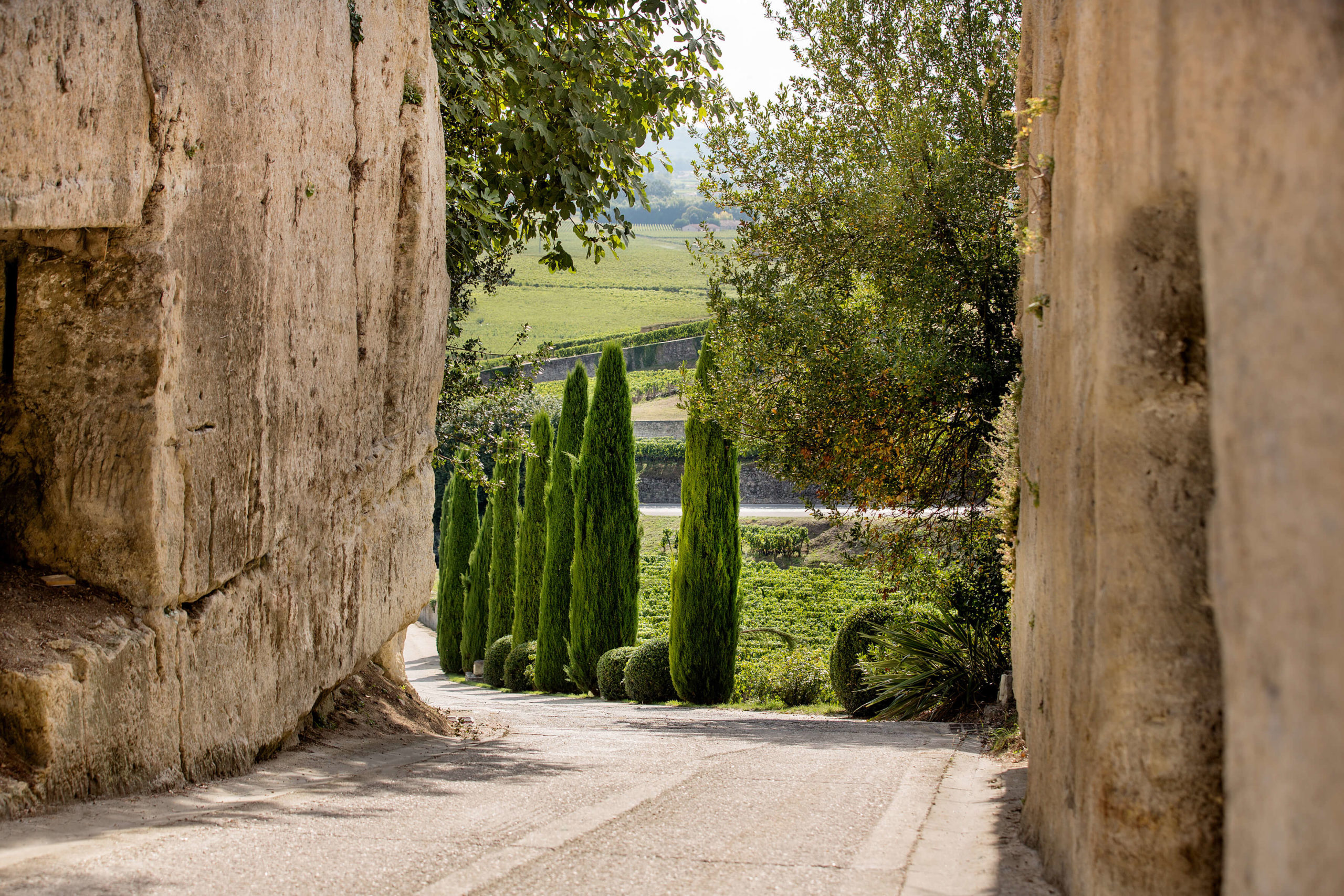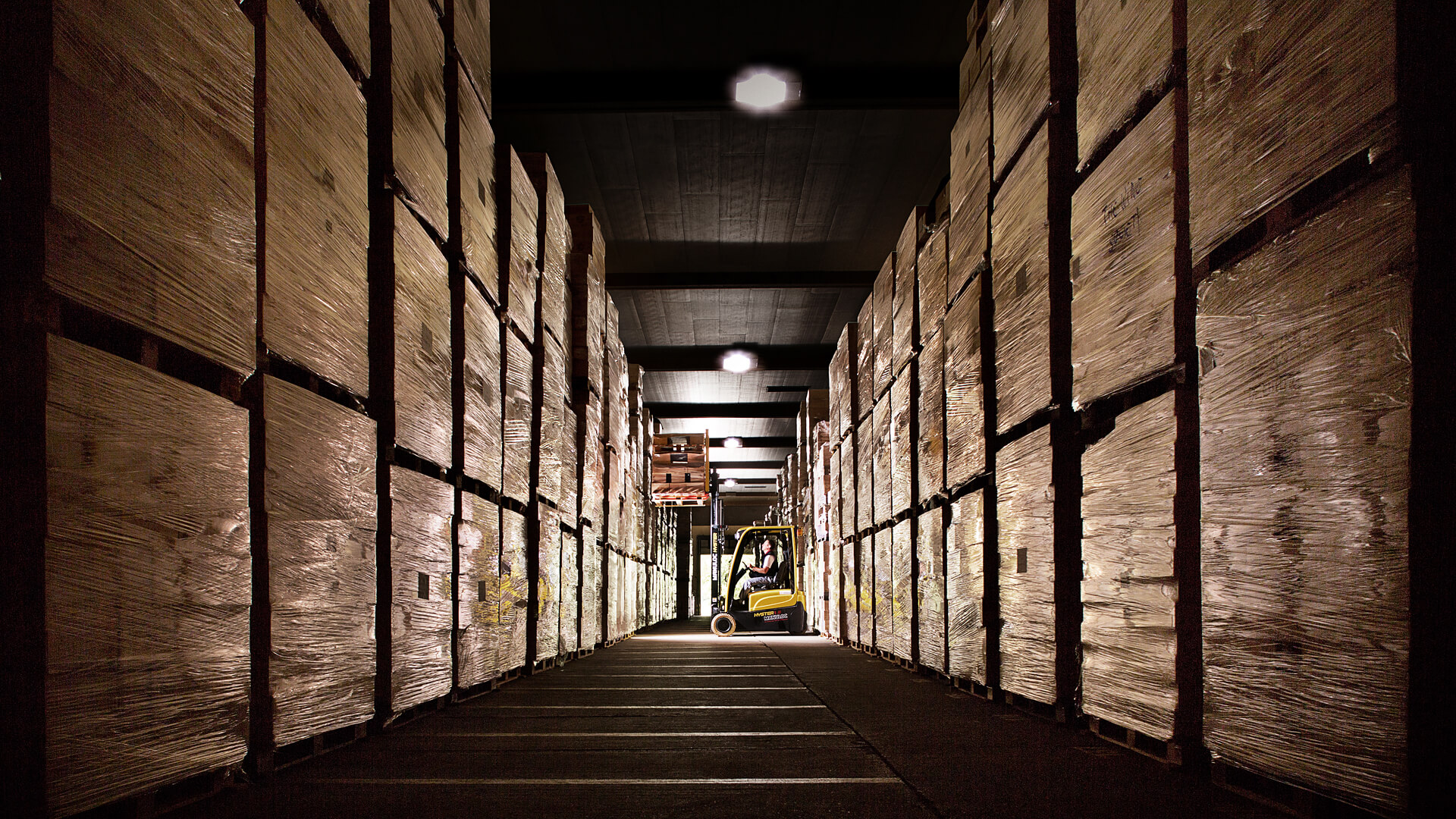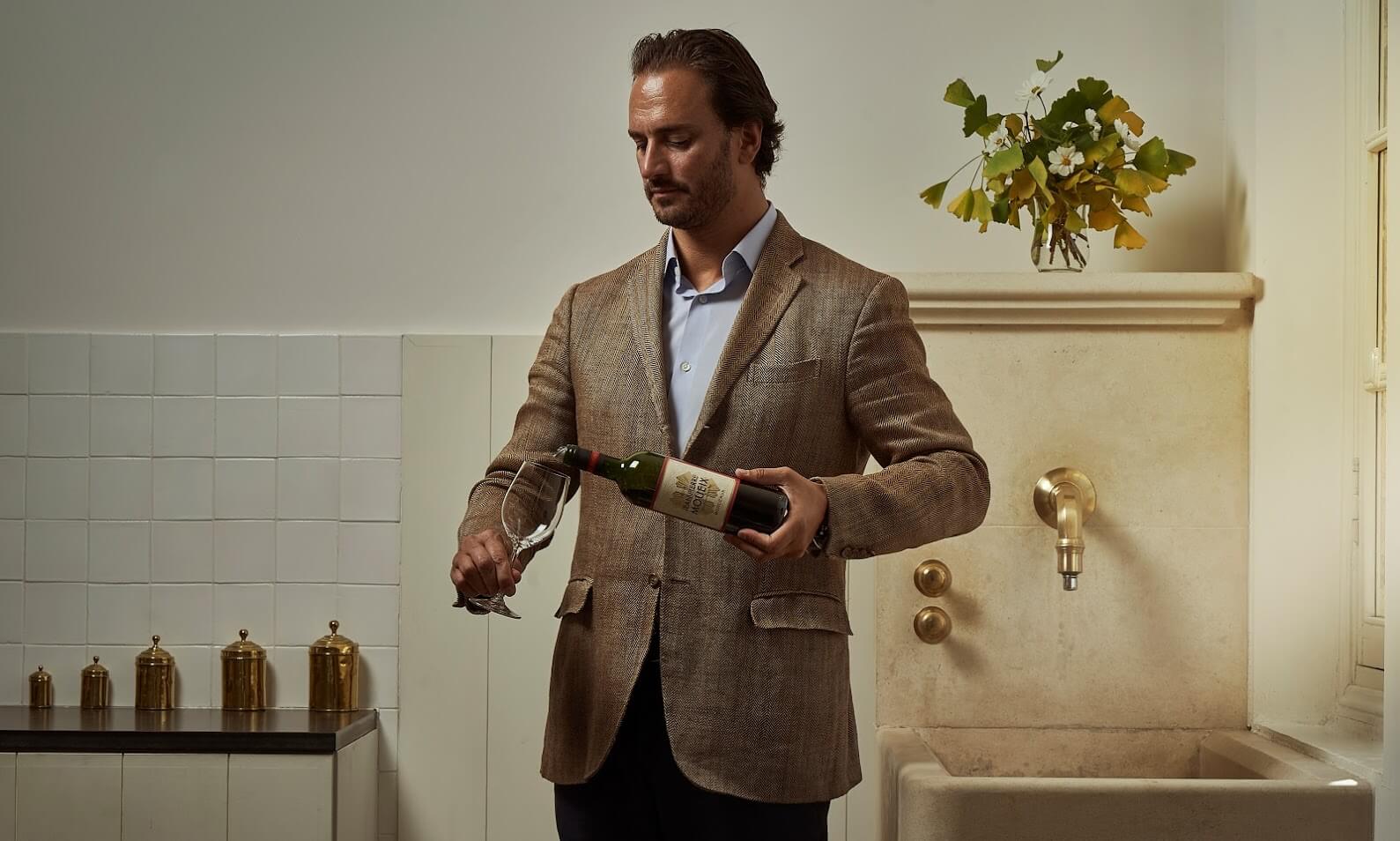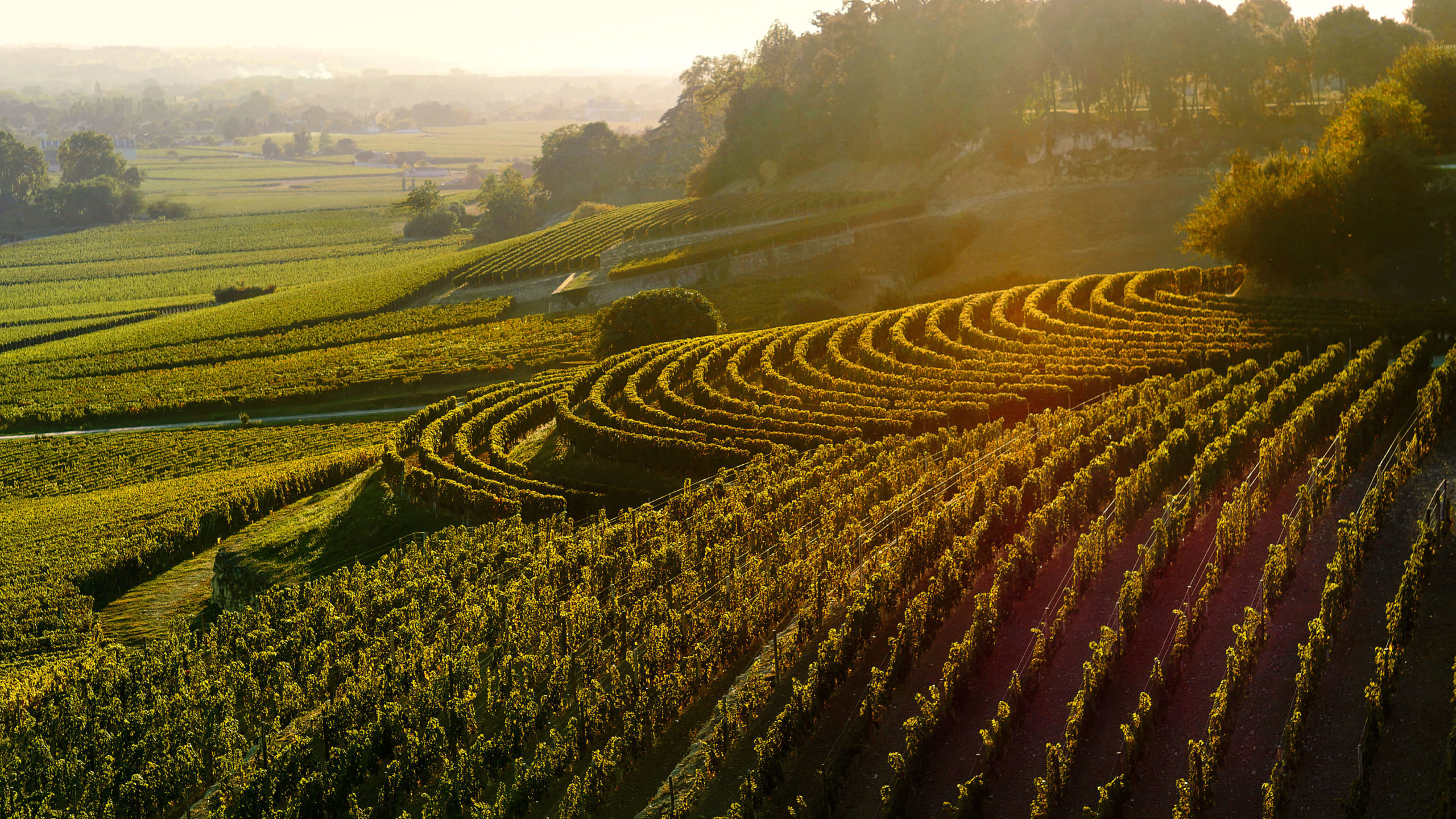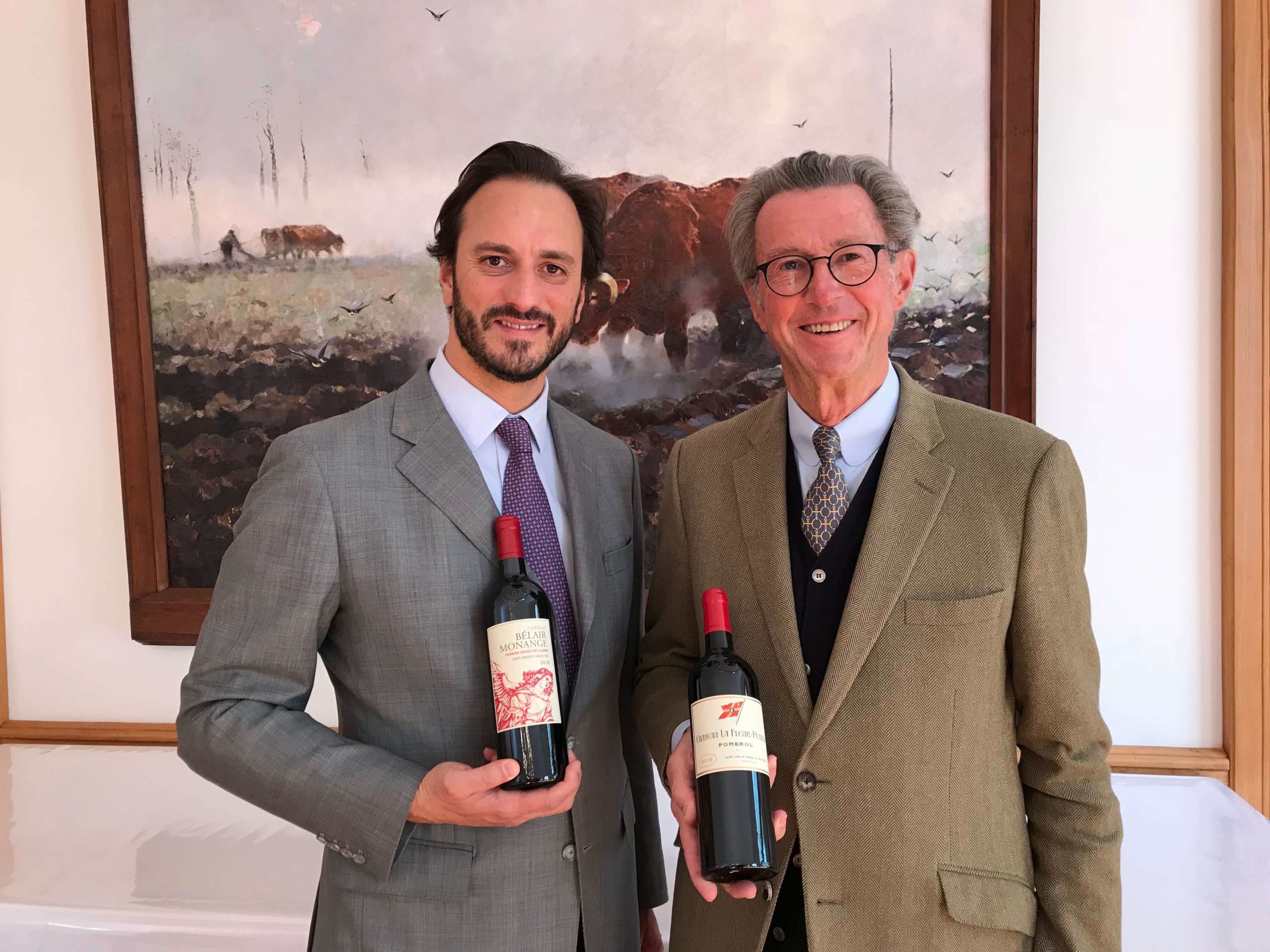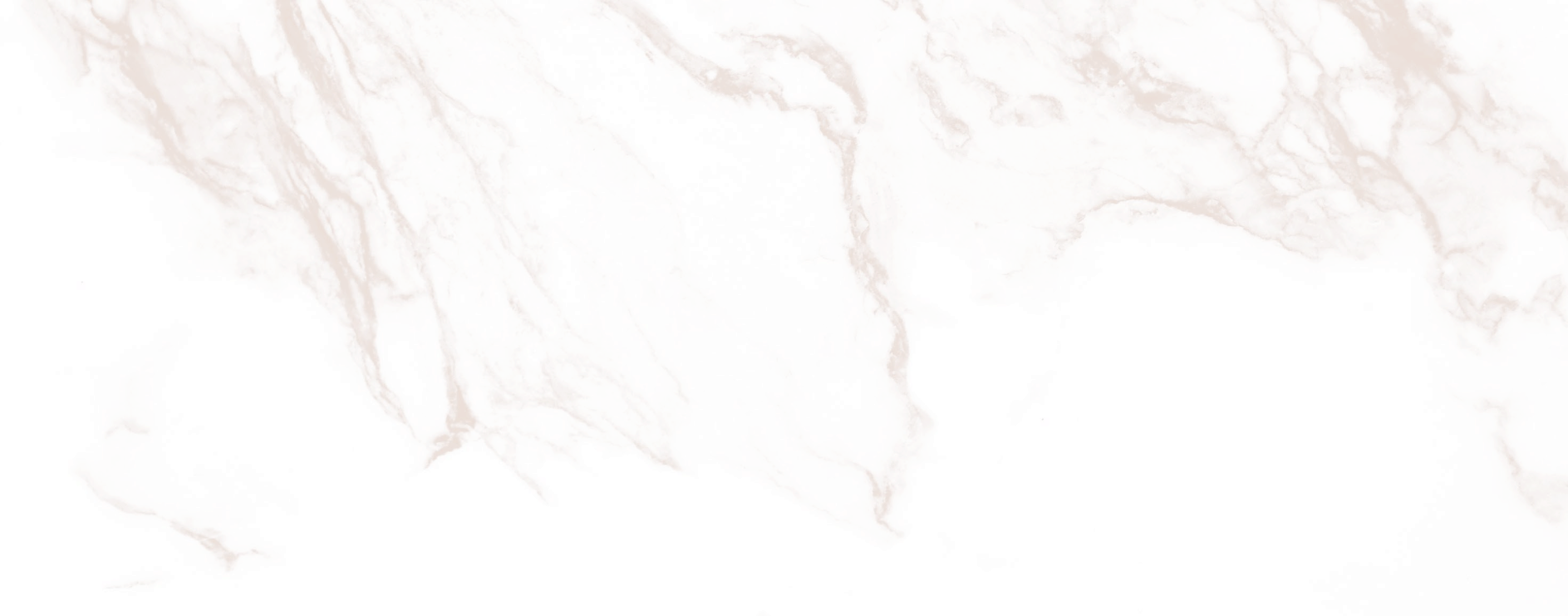
Family run since 1937, Établissements Jean-Pierre Moueix is a legendary company in the world of wine. The business is multi-faceted, established initially as a merchant and distributor of fine wines and gradually expanding to the acquisition and development of owned estates in Pomerol and St Émilion (Château La Fleur-Pétrus, Château Magdelaine, Château Trotanoy), not to mention the now-iconic Château Petrus. In parallel, vineyards in the Napa Valley were also developed and are now the feeding ground for the highly sought-after Dominus and Napanook wines. Edouard Moueix was the first third-generation family member to join the business in 2003 and has been heavily involved in all aspects for the past decade. We were thrilled to sit with him ahead of a special wine dinner at The Arts Club Dubai, showcasing iconic wines from the JP Moueix estates in the Napa Valley…
To borrow a famous phrase, “there are no great wines, only great bottles”. As producers, we do everything we can to produce the best possible wine, but it is how this wine is perceived that makes it great. There is of course terroir; that blend of climate, soil, location, as well as the natural elements such as rain, frost and exposure, all of which can be managed, but not controlled, by human intervention. Wine producers are artisans translating what nature has given them, and ultimately will be erased by the wine itself. That is greatness for me.
I believe it is instrumental, as it means that your knowhow is passed down through generations. I’ve been in the company for 20 years and I’ve learned a lot through my own experience, but also a lot through my father’s and my grandfather’s. That is where the family aspect is important; there is a respect that motivates you to listen to each other and of course, being raised in the environment in which you will end up working makes sometimes the engagement effortless.
Not that differently. In California our vineyards are run as estates, meaning the wine is produced exclusively from the fruit that is grown on those vineyards; which is common in regions such as Bordeaux. They are also dry farmed, which means we don’t irrigate the vines, a mandatory technique in France.
Those two key points in our vineyard management allow the wines to embody the purest expression of their location. It makes the tasting experience of the consumer so much more interesting when the wines depict their origin, whether it is California, Bordeaux, Argentina, Chile, or all the wonderful wine regions in the world now.
We are constantly in a learning curve. The way we were producing wines 20 years ago when I joined the company is totally different from the way we produce them now as we have a better understanding of many factors. Our vineyard management has evolved, such as harvesting micro sections of parcels, based on their individual phenolic ripeness or readiness for harvest. We have also brought in modern techniques in the cellars such as an optical sorting tables, so yes, there is always innovation. When you work with nature, no two vintages can ever be the same, so there is always something new to learn.
Luxury is not a term that I think is relative to wine. It is not a luxury product; it is an agricultural product. There are too many factors outside of our control to prevent it from being a luxury product. We are fortunate to have some of our wines present within a luxury environment. Whilst The Arts Club signature label is not necessarily a ‘luxury’ wine, it does achieve our goal, which is to encourage people to enjoy wine. We should not forget that a bottle of wine only exists once the cork is pulled. Whether it is a house label Pomerol like the one we produce for The Arts Club, or a bottle of Chateau La-Fleur Pétrus or of Dominus, we have the same approach; it’s about balance, it’s about the pleasure that wine will give to people and hopefully inspire them to try a few more glasses. As my grandfather used to say, if you enjoy a wine, you order a second bottle.
Image credits:
Alain Benoit (DEEPIX), Benjamin Duvignac, Florent Larronde
